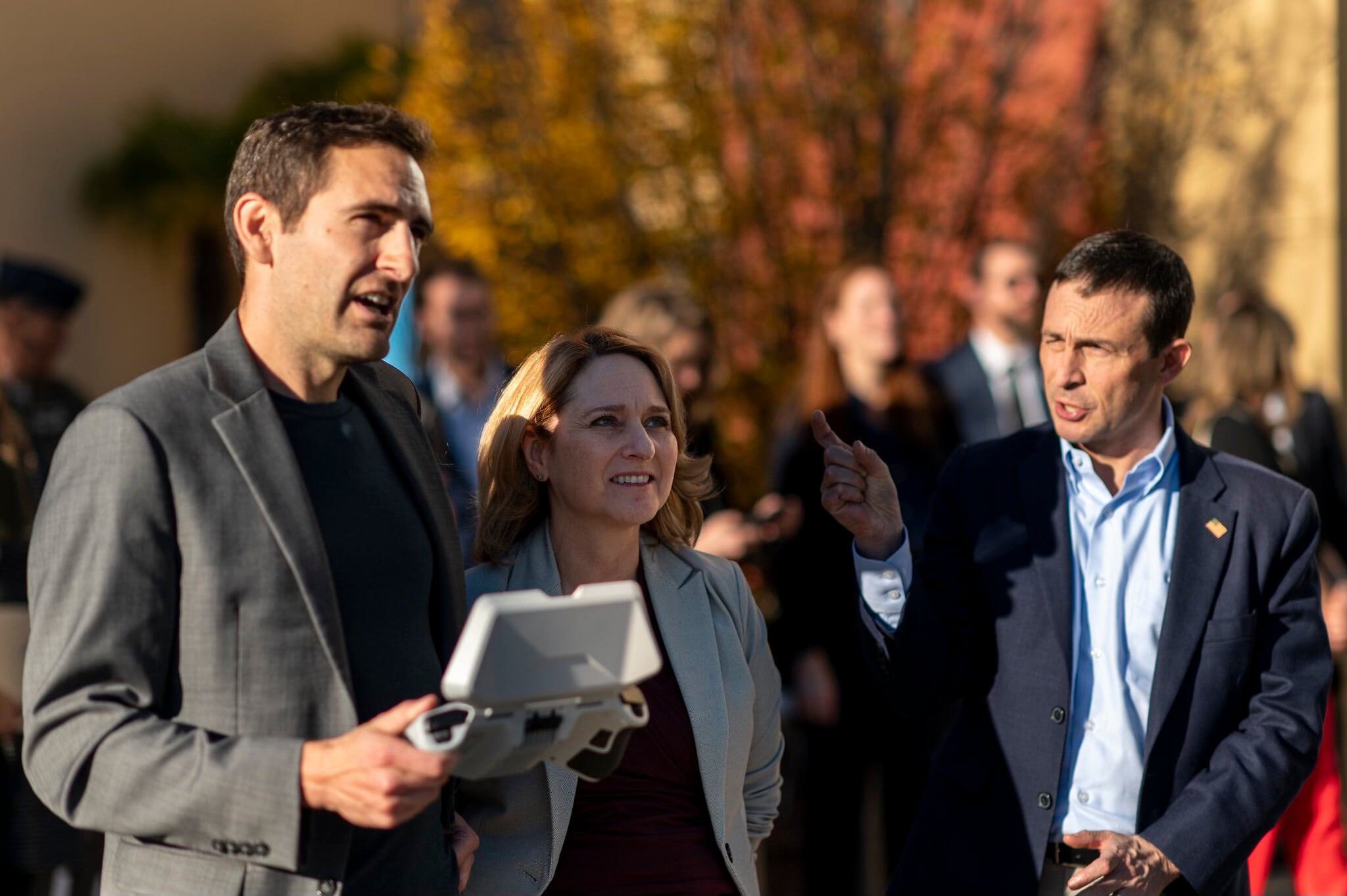The Air Force awarded Raytheon a $442 million contract Jan. 16 to develop new technology that will allow the B-52 and RC-130 aircraft to utilize the nation’s advanced anti-jamming communications satellites.
The contract is part of the Family of Advanced Beyond Line-of-Sight Terminals (FAB-T) program, an effort to replace legacy communication terminals with secure, nuclear-survivable terminals capable of utilizing the nation’s most secure communications satellites for protected communications — including Presidential and National Voice Conferencing — and nuclear command and control. In 2015, the Department of Defense divided the FAB-T program into two segments: the Command Post Terminals (CPT) subprogram, which will provide terminals for ground posts and E-4 and E6 aircraft, and the Force Element Terminal (FET) subprogram, which will place new terminals in B-52 and RC-135 aircraft.
The $442,265,464 cost-plus-incentive-fee undefinitized contract will provide for the latter, with Raytheon designing, developing, testing, integrating and providing logistical support for force element terminals for the two aircraft.
Once in place, the terminals will allow airmen within those aircraft to utilize a trio of highly advanced satellites: the Advanced Extremely High Frequency satellites, the Enhanced Polar System satellites, and the legacy Milstar satellites. The FAB-T terminals will also allow command and control of those three constellations.
According to the Government Accountability Office, the force element terminals are essential to the FAB-T program — without them, the program “cannot achieve its planned capabilities that are based on the interaction of bomber aircraft with intelligence, surveillance, and reconnaissance aircraft and CPTs.” The GAO also reports that due to delays in the FAB-T program, all six AEHF satellites are expected to be on orbit before the system is in place, resulting in an underutilization of costly satellite capabilities.
The same day, The FAB-T contracting office award Raytheon a $36,848,806 cost-plus-fixed-fee contract modification to develop a software encryption platform for the system approved by the National Security Administration. Work is expected to be completed by March 2023.
The Air Force Life Cycle Management Center also issued a Request for Information Jan. 15 seeking industry sources that can support the installation of the FAB-T Command Post Terminals worldwide. According to a May 2019 Government Accountability Office report, the CPT subprogram is expected to reach initial operating capability in June 2021 and full operational capability by March 2023. Raytheon is also the primary contractor for the CPT subprogram. Responses to that RFI are due Jan. 22.
Nathan Strout covers space, unmanned and intelligence systems for C4ISRNET.






